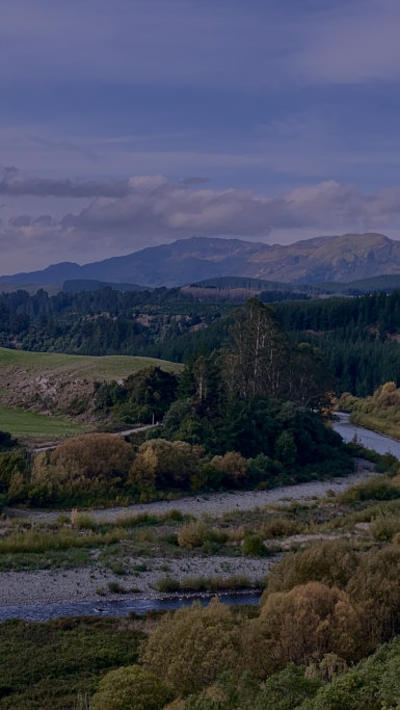Speak to our experts
Contents
The draft Terms of Reference for the highly anticipated comprehensive review of the resource management system suggest it may live up to the hype.
Environment Minister David Parker considers that a “thorough overhaul of the law” is needed and that the Resource Management Act (RMA) is failing to achieve across a number of fronts – in particular, maintaining adequate housing supply, producing well-designed urban communities and protecting the quality of the natural estate, ecosystems and biodiversity.
An Expert Advisory Panel, to be led by retired Court of Appeal Judge Tony Randerson, will be tasked with reporting to the Government on recommended reform proposals, with indicative legislative drafting of key provisions, by the end of May 2020.
Those recommendations will then be put out for public consultation.
Although the primary focus will be on the RMA, the Panel will also explore how integrated decision making in spatial planning can be achieved across the RMA, the Local Government Act 2002 and the Land Transport Management Act 2003. It will also examine how the RMA can interface with the Climate Change Response (Zero Carbon) Amendment Act, currently before Select Committee.
Part 2 of the RMA, setting out the Act’s underlying purpose and principles, is on the table, including whether it should be moved into separate legislation. But Parker says the case law which has been developed around Part 2 is important and that care will be taken “not to unnecessarily discard those legal precedents”.
The Environmental Defence Society (EDS) is optimistic about the scope for change, issuing a press statement the initiative “is something we have been seeking for some years”.
The EDS is developing its own preferred reform model from a range of three options presented in February, and is aiming to have this work completed by the end of this year so that it can feed into the Government process (Chapman Tripp’s commentary on EDS’ February report is available here).
Scope of the review
Key areas for the Panel to explore include:
-
strengthening environmental bottom lines and their role in planning documents and decisions made under the RMA
-
how the RMA can better enable urban development, including infrastructure
-
alignment of land use planning with infrastructure planning, to deliver integrated decision making where possible
-
how to promote resilience and manage risks against natural hazards and climate change, including the role local authorities
-
the role of Māori in resource management decision making
-
roles of local authorities, the Court and other institutions in resource management including the scope of appropriate jurisdiction, and
-
the relationship with the Climate Change Commission in delivering responses to Climate Change.
Timeline
An ‘issues and options’ paper will be developed by the end of October to seek feedback for the Panel to consider in writing its final report. This timeline will put the review hard up against the next general election.
Other reform workstreams
The Panel’s work will be separate to the Government’s Stage 1 reform of the RMA, much of which will be engaged with winding back what Parker describes as the “worst” of National’s 2017 RMA amendments in a Bill to be introduced this year.
Parker has however also announced that the Bill will introduce a new planning process to speed regional council implementation of strengthened water quality standards, which the Government is now developing.
Other workstreams include:
- legislation to establish the National Urban Development Authority, Kāinga Ora-Homes and Communities
- the National Policy Statement to protect high value soils
- the indigenous biodiversity programme, and
- the waste reduction campaign.























































